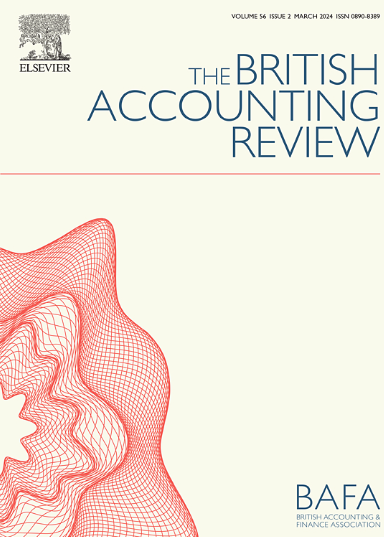The geography of environmental regulation: Plant-level emissions data
IF 9.4
3区 管理学
Q1 BUSINESS, FINANCE
引用次数: 0
Abstract
We investigate how geographic proximity between environmental regulators and firms affects corporate polluting behavior through resource constraints and information asymmetry. Using plant-level emissions data from China, we find that firms pollute less when they are located closer to regulators. Proximity is more closely connected to pollution when regulators are subject to greater financial constraints, more severe manpower shortages, and higher transportation costs related to inspection. These results provide support for a resource constraint channel. There is less evidence that proximity affects corporate pollution through an information asymmetry channel. A heterogeneity analysis shows that the impact of geographic proximity on plant pollution is weaker in regions with greater public attention to environmental issues. Overall, our results have implications for the strategic deployment of resources for environmental enforcement.
环境监管的地理分布:工厂级排放数据
我们通过资源约束和信息不对称研究了环境监管机构和企业之间的地理邻近如何影响企业的污染行为。利用来自中国的工厂级排放数据,我们发现企业离监管机构越近,污染就越少。当监管机构面临更大的财政限制、更严重的人力短缺以及与检查相关的更高运输成本时,邻近与污染的关系就会更紧密。这些结果为资源约束通道提供了支持。近距离通过信息不对称渠道影响企业污染的证据较少。异质性分析表明,在公众对环境问题关注程度较高的地区,地理邻近对植物污染的影响较弱。总体而言,我们的研究结果对环境执法资源的战略部署具有启示意义。
本文章由计算机程序翻译,如有差异,请以英文原文为准。
求助全文
约1分钟内获得全文
求助全文
来源期刊

British Accounting Review
BUSINESS, FINANCE-
CiteScore
8.60
自引率
3.90%
发文量
39
审稿时长
76 days
期刊介绍:
The British Accounting Review*is pleased to publish original scholarly papers across the whole spectrum of accounting and finance. The journal is eclectic and pluralistic and contributions are welcomed across a wide range of research methodologies (e.g. analytical, archival, experimental, survey and qualitative case methods) and topics (e.g. financial accounting, management accounting, finance and financial management, auditing, public sector accounting, social and environmental accounting; accounting education and accounting history), evidence from UK and non-UK sources are equally acceptable.
 求助内容:
求助内容: 应助结果提醒方式:
应助结果提醒方式:


